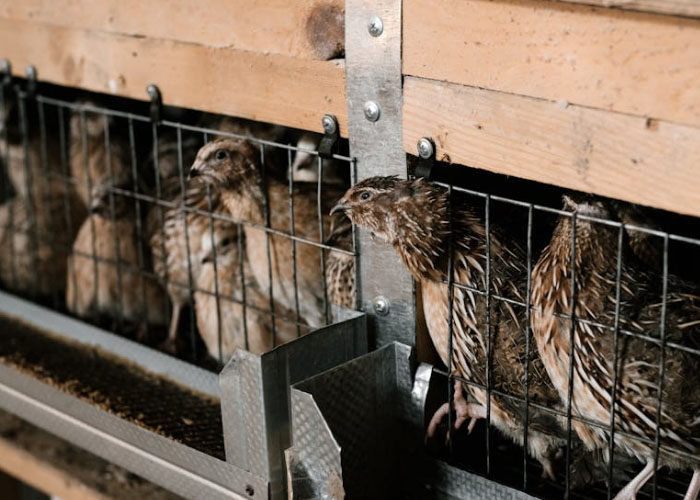The Reality of Farmed-Raised Meat and Products: Navigating Benefits and Concerns
In today’s food landscape, the production and consumption of farmed-raised meat and products occupy a significant space, offering a convenient and often more affordable source of protein for consumers worldwide. However, as debates surrounding sustainability, animal welfare, and environmental impact continue to gain traction, it’s imperative to examine the nuanced landscape of farmed-raised meat and products, weighing both their benefits and concerns.
Farmed-raised meat and products encompass a wide array of agricultural practices, including livestock farming, poultry production, aquaculture, and the cultivation of crops for animal feed. These practices vary significantly in scale, methods, and environmental impact, contributing to a complex narrative surrounding the production and consumption of animal-derived products.
One of the primary benefits touted by proponents of farmed-raised meat and products is their role in meeting the global demand for protein. With the world’s population projected to reach nearly 10 billion by 2050, the need for sustainable and efficient protein sources is more pressing than ever. Farmed-raised animals serve as a vital source of protein for millions of people worldwide, providing essential nutrients and sustenance to communities across the globe.
Additionally, farmed-raised meat and products play a significant economic role, supporting livelihoods and driving economic growth in rural communities. Livestock farming and aquaculture contribute to employment opportunities, income generation, and food security for millions of people, particularly in developing countries where agriculture serves as a primary economic activity.
However, the production of farmed-raised meat and products is not without its challenges and concerns. One of the most pressing issues is the environmental impact associated with intensive farming practices, including deforestation, greenhouse gas emissions, and water pollution. Livestock farming, in particular, has been linked to deforestation in regions such as the Amazon rainforest, where land is cleared to make way for grazing pastures and feed crops.
Furthermore, the intensive use of antibiotics and growth hormones in farmed-raised animals raises concerns about antimicrobial resistance and food safety. The overuse of antibiotics in livestock farming can contribute to the emergence of drug-resistant bacteria, posing a significant threat to public health. Additionally, the presence of growth hormones and other additives in farmed-raised meat and products has raised questions about their potential impact on human health and well-being.
Animal welfare is another area of concern associated with farmed-raised meat and products. Intensive farming practices, such as confined animal feeding operations (CAFOs), have come under scrutiny for their treatment of animals, including overcrowding, lack of access to outdoor space, and limited opportunities for natural behaviors. These conditions raise ethical questions about the treatment of animals in the food production system and have sparked calls for more humane and sustainable farming practices.
In response to these concerns, there is a growing movement towards alternative protein sources, including plant-based meat substitutes and cultured meat grown in laboratories. These emerging technologies offer the promise of sustainable and cruelty-free protein options that bypass many of the environmental and ethical issues associated with traditional farmed-raised meat and products.
In conclusion, the production and consumption of farmed-raised meat and products present a complex interplay of benefits and concerns. While these agricultural practices play a crucial role in meeting global protein demand and supporting livelihoods, they also raise significant environmental, public health, and ethical challenges. As we navigate the future of food production, it’s essential to strike a balance between meeting nutritional needs, ensuring environmental sustainability, and upholding ethical standards in the treatment of animals. By embracing innovation, promoting sustainable practices, and making informed dietary choices, we can work towards a food system that is both nutritious and environmentally responsible.

